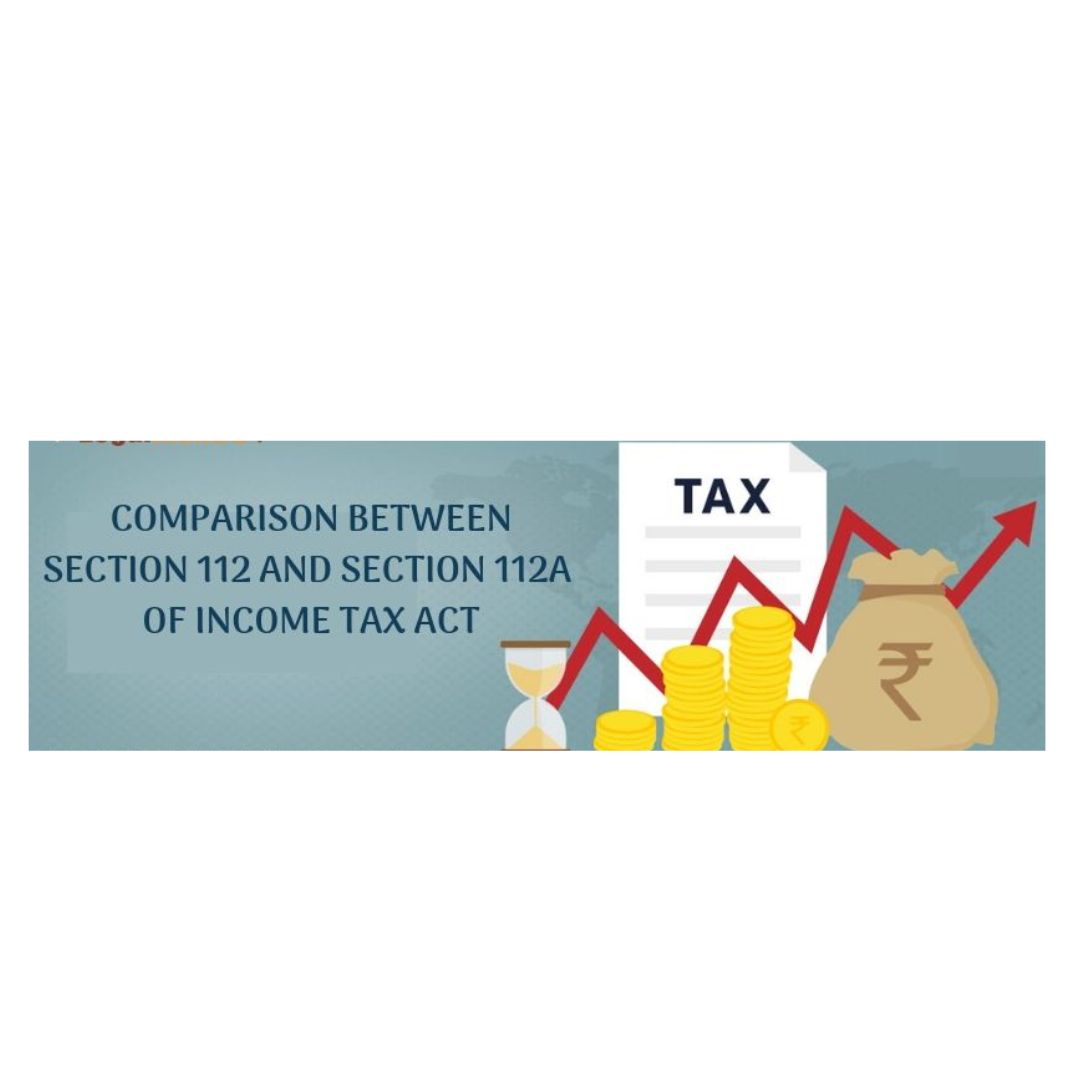Is a discount an Asset or Liability?
Asset or Liability Is a Discount an Asset or Liability? Discounts are a common part of business transactions, but their impact on a company’s financial statements can be confusing. Are they considered assets or liabilities? Let’s clarify this briefly. Discounts and Assets A discount is not typically classified as an asset. Assets represent things… Read More »







